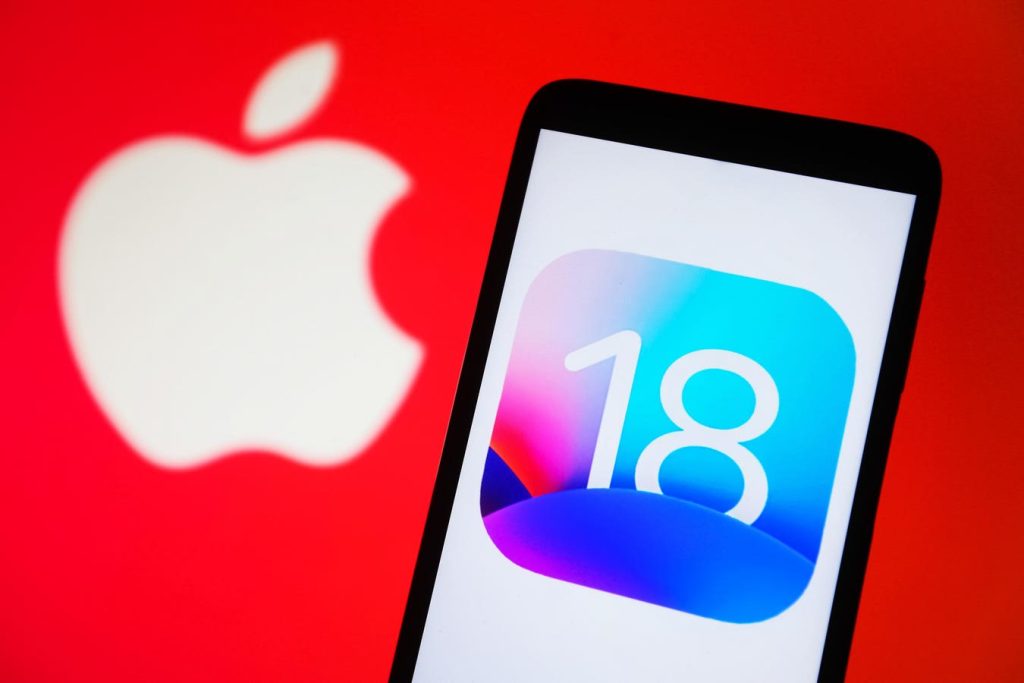Apple has confirmed that its soon-to-launch iOS 18 update will include AI features that will be processed entirely on the device. This will be especially notable on the iPhone 16, set to launch this fall, as it will combine game-changing features with enhanced security and privacy. According to a Bloomberg report, Apple is developing its own large language model (LLM) to power on-device generative AI features on the new iPhone series, potentially making response times faster and easier for Apple to maintain privacy. Apple’s AI tools may be slightly less powerful than those of its rivals, but their implementation could still be a game-changer.
This week, Apple introduced a set of tiny source-available AI language models called OpenELM, which can run directly on a smartphone. These research models could serve as the basis of future on-device AI offerings from Apple. Last year, Apple acquired Canadian startup Darwin AI, which has technology that can make AI systems smaller and faster. Apple’s AI features, including improvements to Siri and auto-summarizing and auto-completion features in apps, are expected to run more efficiently on the iPhone 16 due to its more powerful chip capable of running these AI features.
Analyst Jeff Pu reported that Apple’s next-generation A18 Pro chip for iPhone 16 Pro models will feature a larger die size for boosted artificial intelligence performance, potentially providing users with access to more AI features. Apple has a history of limiting features to certain iPhones, such as when it launched the Dynamic Island on the iPhone 14. Privacy and security have long been a key differentiator for Apple, and the company is now emphasizing on-device processing as a way to differentiate itself in AI, particularly when compared to competitors like Google’s Android.
Google is also aware of the importance of privacy in AI features, with hybrid AI used by Samsung allowing some privacy and security benefits of on-device processing combined with maximum functionality of AI features. Local on-board processing on devices aligns with Apple’s commitment to prioritizing user privacy, minimizes external transmissions, increases security, and reduces latency for faster response times. This gives users greater control over their data and reinforces the message of trust in a technology where data protection is paramount.
The balance between security and functionality is a challenge, particularly with the rapid growth and evolution of AI features on smartphones. It remains unclear how much of Apple’s AI processing will remain on the device, with the company expected to reveal more about its AI strategy at its Worldwide Developers Conference in June. Apple may choose to hire Google or OpenAI for more complex, off-device processing in the future, but for now, it can boast its privacy and security credentials by keeping AI entirely on the iPhone.













